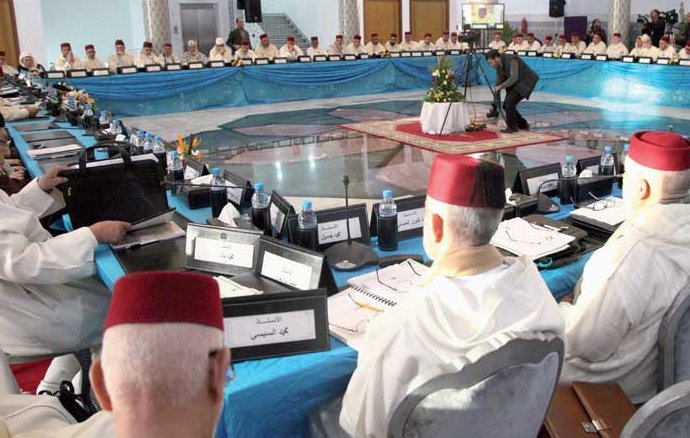Rabat – Morocco's Supreme Council of Ulema has issued a new fatwa clarifying the rules for calculating and distributing zakat, the Islamic obligation of charitable giving, across various sectors in the country.
The fatwa, released on Friday and approved by King Mohammed VI earlier this week, provides clear guidelines for individuals, farmers, business owners, and professionals to ensure the proper fulfillment of zakat, which is one of the five pillars of Islam.
According to the ruling, zakat is obligatory for all Muslims who possess wealth that meets the nisab (the minimum amount required for zakat to be due) and hold it for a full lunar year. The fatwa outlines eight categories of wealth subject to zakat, including money, gold and silver, agricultural produce, livestock, trade goods, industrial products, service income, real estate intended for trade, and recoverable debts.
The fatwa specifies the nisab for money as 85 grams of gold (approximately MAD 68,000) or 595 grams of silver (about MAD 7,438). Muslims whose savings or assets meet these thresholds must pay zakat at a rate of 2.5%.
For agricultural produce, zakat is set at 10% on crops irrigated by rainwater and 5% for those irrigated artificially. Zakat is due when the harvest reaches the equivalent of 653 kilograms of grain.
The new fatwa also provides detailed guidelines for livestock zakat. For sheep, zakat begins at 40 animals, with one sheep due for charity. For cattle, zakat starts at 30 cows, with one calf required as charity. For camels, zakat is due on herds of five or more, with one sheep to be given.
Additionally, the fatwa extends zakat obligations to modern economic activities, such as industry, trade, and professional services. Factory owners, shopkeepers, and professionals like doctors, engineers, and lawyers must pay zakat on their profits after one year, provided their income reaches the nisab.
The ruling also clarifies the treatment of zakat on debts. If the lender is confident that the debt will be repaid, zakat must be paid annually on the owed amount. However, if repayment is uncertain, zakat is paid once the debt is recovered.
As for the distribution of zakat, the council reiterated the eight categories of recipients, as outlined in the Quran. These include the poor, the needy, zakat administrators, new converts to Islam, those in debt, captives seeking freedom, those fighting in the cause of God, and travelers in difficulty.
The fatwa concludes with a reminder that zakat is not just a financial obligation but a means of purifying wealth, fostering solidarity, and combating poverty. It emphasizes that neglecting zakat undermines social justice and contradicts the spirit of Islam.
